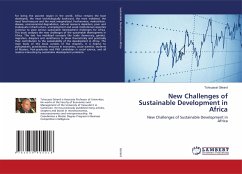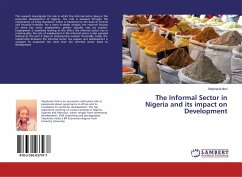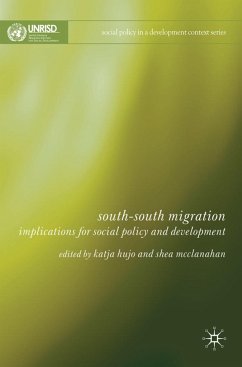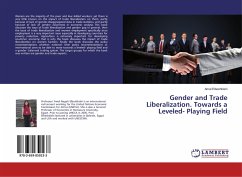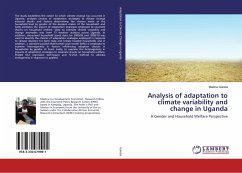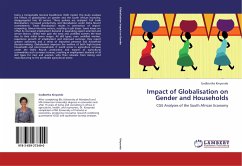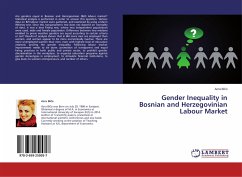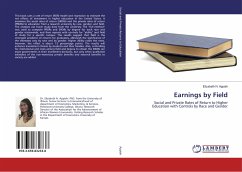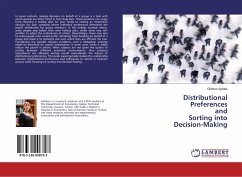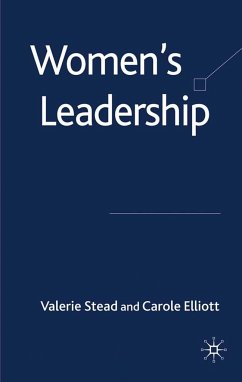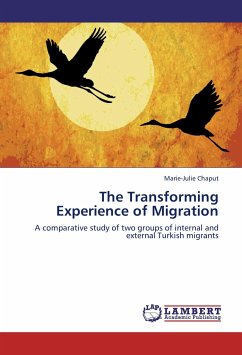
The Transforming Experience of Migration
A comparative study of two groups of internal and external Turkish migrants
Versandkostenfrei!
Versandfertig in 6-10 Tagen
22,99 €
inkl. MwSt.

PAYBACK Punkte
11 °P sammeln!
Migrations have been taking place in Turkey since time immemorial. While these human flows are different in nature and direction, they all share a common criterion: being a transforming experience for the migrants and their families. This exploratory research exclusively focuses on rural-urban migrations that took place in the second half of the 20th century. By comparing two groups of emigrants to Istanbul and Brussels, it highlights the differences and commonalities between internal and external migrations. This work progressively enters the universe of migrants by reviewing five major aspec...
Migrations have been taking place in Turkey since time immemorial. While these human flows are different in nature and direction, they all share a common criterion: being a transforming experience for the migrants and their families. This exploratory research exclusively focuses on rural-urban migrations that took place in the second half of the 20th century. By comparing two groups of emigrants to Istanbul and Brussels, it highlights the differences and commonalities between internal and external migrations. This work progressively enters the universe of migrants by reviewing five major aspects of their migration experience: work, education, marriage, inheritance and integration. After a descriptive review of the first three domains, this research takes a more analytical approach to confront collected data with economic theory: how can formal laws influence inheritance customs and how does the economics of agrarian contract choice apply to the observed land management behavioursof migrants. With its authentic and easy to reach style, this book is for anyone who wishes to better understand (Turkish) migration flows, as well as enhance its understanding and respect of The Other.



